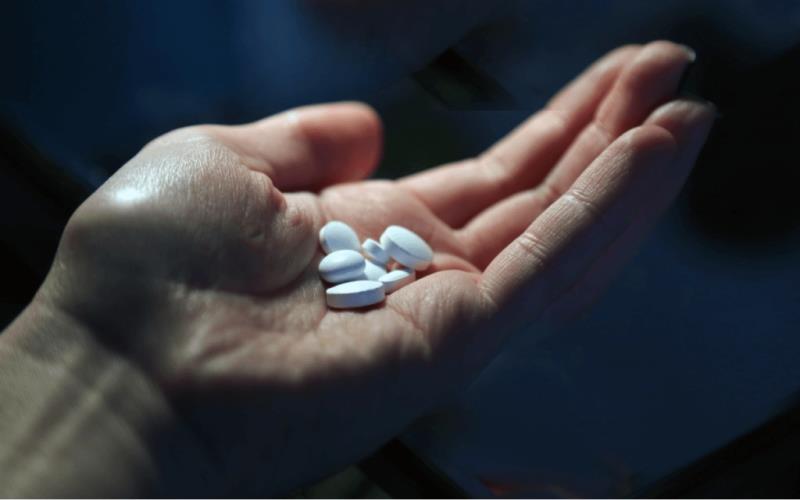Drug addiction and drug abuse are terms often used interchangeably, but they represent distinct concepts with important differences. While both involve the misuse of substances, understanding the nuances between addiction and abuse is crucial for effective prevention, intervention, and treatment efforts. In this blog, we’ll explore the key differences between drug addiction and drug abuse and their implications for individuals and society. Additionally, we’ll delve into how Aroha Rehabilitation Centre in Mumbai provides specialized treatment programs tailored to address the unique needs of individuals struggling with drug addiction and abuse, helping them achieve lasting recovery and improved quality of life.
Definition of Drug Abuse:
Drug abuse refers to the inappropriate or excessive use of drugs or other substances without medical necessity. It involves the consumption of drugs in a manner that deviates from recommended or prescribed guidelines, leading to negative consequences for the individual’s health, well-being, or social functioning. Drug abuse may involve occasional or recreational use of drugs, as well as patterns of binge drinking or episodic drug use.
Characteristics of Drug Abuse:
Drug abuse is characterized by the misuse or overuse of substances such as alcohol, prescription medications, illicit drugs, or other psychoactive substances. Individuals who engage in drug abuse may use drugs to cope with stress, alleviate boredom, enhance social experiences, or escape from reality. While drug abuse may not always result in addiction, it can increase the risk of developing substance use disorders and other health-related problems over time.
Definition of Drug Addiction:
Drug addiction, also known as substance dependence or substance use disorder, is a chronic, relapsing condition characterized by compulsive drug seeking and use despite harmful consequences. Addiction involves changes in the brain’s reward circuitry, leading to a powerful craving for drugs and a loss of control over drug use. Individuals with addiction may prioritize drug use over other responsibilities, interests, or relationships, and may experience withdrawal symptoms when attempting to quit or cut back on drug use.
Characteristics of Drug Addiction:
Drug addiction is marked by a compulsive pattern of drug seeking and use, accompanied by tolerance, withdrawal symptoms, and difficulties in controlling drug use. Individuals with addiction may experience intense cravings for drugs, engage in risky or self-destructive behaviors to obtain drugs, and continue using drugs despite negative physical, psychological, or social consequences. Addiction is often associated with a range of health problems, legal issues, financial difficulties, and social isolation.
Progression from Drug Abuse to Addiction:
While drug abuse and addiction are distinct concepts, they are closely related, and drug abuse can often precede the development of addiction. Not everyone who engages in drug abuse will develop an addiction, but repeated exposure to drugs increases the risk of developing dependence and addiction over time. Factors such as genetic predisposition, environmental influences, mental health issues, trauma, and social determinants can contribute to the progression from drug abuse to addiction.
Treatment Approaches:
Treatment approaches for drug abuse and addiction may differ based on the severity of the condition and the individual’s specific needs. For drug abuse, interventions may focus on harm reduction strategies, education, counseling, and behavioral therapies aimed at reducing or eliminating drug use and addressing underlying risk factors. For drug addiction, treatment typically involves a comprehensive approach that may include detoxification, medication-assisted treatment, counseling, therapy, support groups, and relapse prevention strategies.
Recovery and Long-Term Management:
Recovery from drug abuse and addiction is possible with appropriate treatment and support. While overcoming drug abuse may involve making lifestyle changes, establishing healthier coping mechanisms, and addressing underlying issues, recovery from addiction often requires ongoing management and support to maintain sobriety and prevent relapse. Long-term recovery may involve participation in support groups, ongoing therapy, lifestyle changes, and building a strong support network.
Drug addiction and drug abuse are distinct but interconnected concepts that involve the misuse of substances and can have serious consequences for individuals and society. Understanding the differences between drug abuse and addiction is essential for recognizing the signs, intervening early, and providing appropriate treatment and support. By addressing both drug abuse and addiction with comprehensive prevention, intervention, and treatment strategies, we can help individuals overcome substance use disorders and lead healthier, more fulfilling lives.

